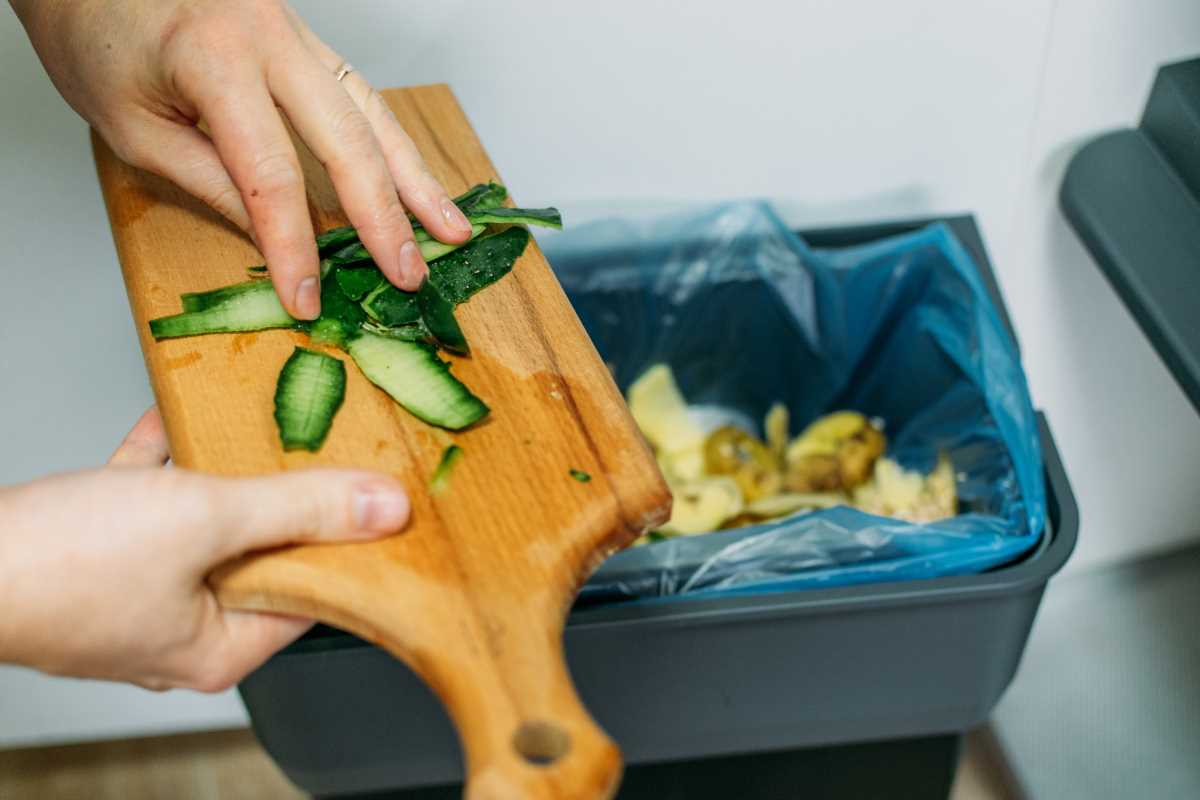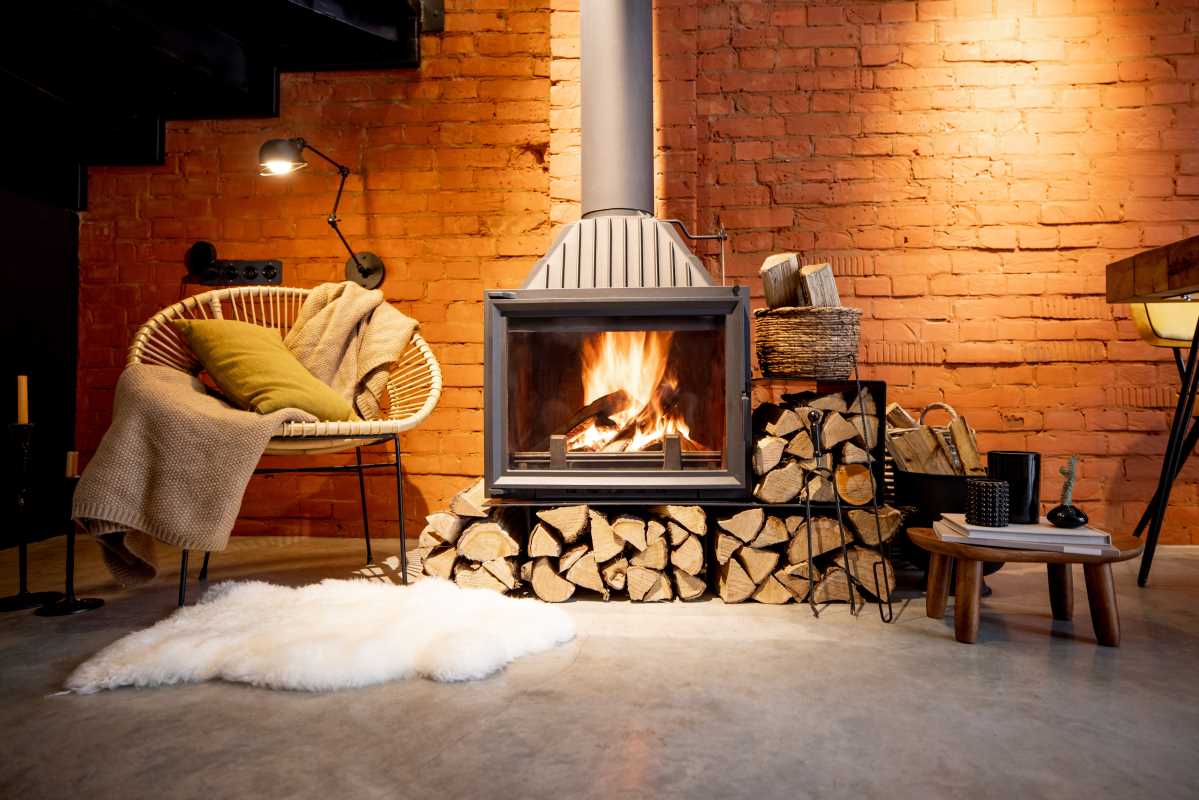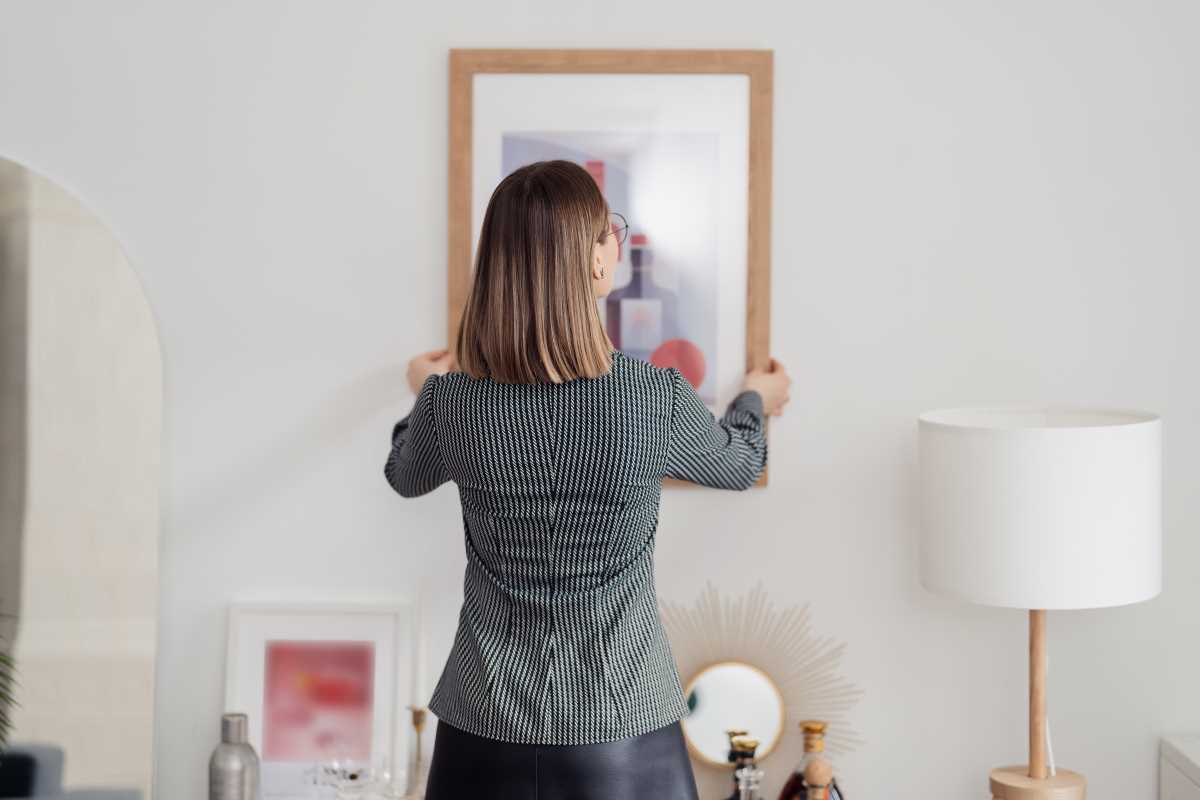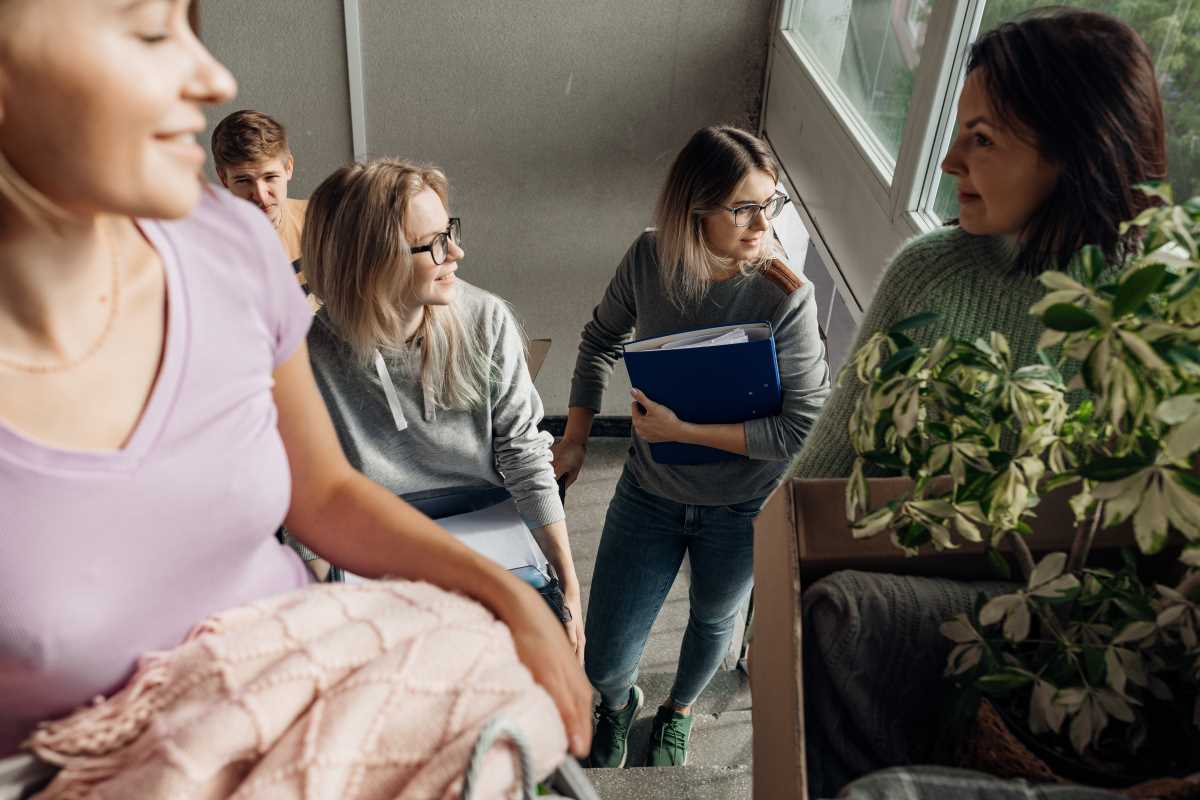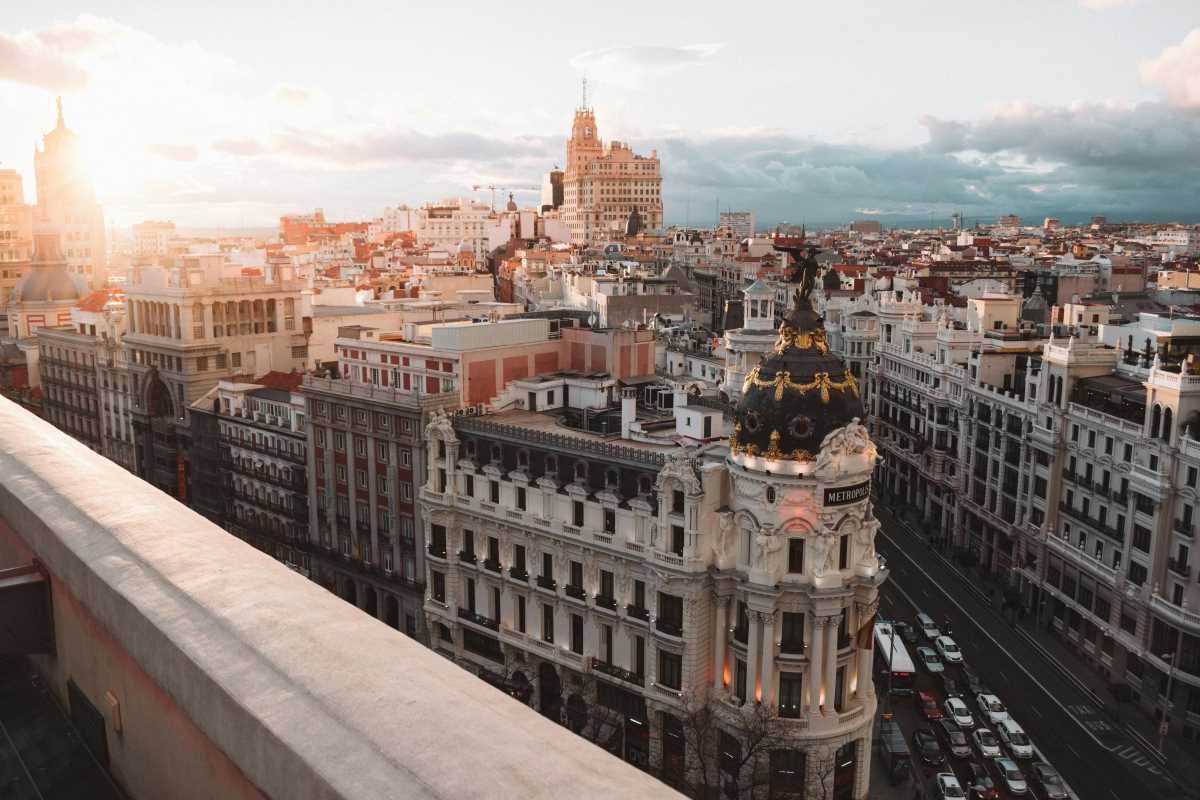Luxury and environmental responsibility can exist side by side, creating spaces that feel both indulgent and conscious. Sunlight streaming into a living room highlights furniture crafted from reclaimed wood, while fabrics colored with gentle, low-impact dyes add warmth and personality. Every carefully chosen piece carries a story, proving that comfort and elegance do not require compromising the health of the planet. Sustainable choices add depth and interest to interiors, allowing homes to reflect personal style while supporting a healthier environment for future generations. With thoughtful design, it becomes easy to enjoy beauty that respects and preserves the world around us.
Finding harmony between silk drapes and reducing carbon footprints often sparks the most creative design choices. Swap heavy velvet for organic cotton blends that drape just as elegantly or discover lighting fixtures that cast a warm glow while using only a fraction of traditional wattage. That combination of artful living and sustainability becomes its own kind of charm.
Thinking Differently About Luxury with an Eco Focus
Exploring eco-conscious finishes doesn’t have to feel restrictive. Choose a coffee table crafted from salvaged barnwood, polished to a satin sheen, and let the conversation highlight its storied past and low-impact harvesting. This turns a single accent into a focal point that elevates your décor story.
You’ll notice subtle changes when you select local artisans instead of mass-market options. Hand-thrown ceramic vases from a nearby studio often showcase unique glazes that industrial manufacturing can’t replicate. This one-of-a-kind look counters the bland uniformity of big-box trends, and shorter shipping routes cut carbon emissions. In effect, you strengthen your community and build genuine style.
8 Creative Eco-Luxury Finds
- The Oberoi Udaivilas (Rajasthan, India)
- Unique feature: Palace-style grandeur with solar-powered water treatment and eco-friendly lake boat rides.
- Cost/Availability: Rooms from ~$600/night; peak season October–March.
- Insider tip: Book a garden-facing suite to spot migratory birds at dawn without disturbing wetlands.
- Steelcase SILQ Chair (Office Furniture, 2019)
- Unique feature: Flexible polymer shell made partly from recycled fishing nets, diverting 44 million pounds of waste annually.
- Cost: ~$1,195 retail.
- Insider tip: Pick the mesh-backed version to improve airflow and reduce dependence on air conditioning.
- Loomstead Rug Collection (Handcrafted Rugs, Portland)
- Unique feature: Ethically sheared wool dyed with natural vegetable pigments, shipped carbon-neutral.
- Cost: ~$1,200 for a 6x9-foot runner.
- Tip: Rotate rug placement every six months to extend life and reduce replacements.
- BioLite FirePit+ (Outdoor Gear, 2021)
- Unique feature: Burns wood cleanly and generates electricity to charge devices.
- Cost: ~$349 retail.
- Insider tip: Use smaller kiln-dried logs to maximize efficiency and avoid clogging the airflow system.
- Vipp Bottle Rack (Home Accessory, Design Category)
- Unique feature: Modular steel and polypropylene structure built to last decades; ships flat-packed to reduce carbon footprint.
- Cost: ~$2,300 for a full set.
- Pro tip: Add modular expansions instead of replacing racks to maintain style and reduce material use.
- Tesla Solar Roof (Renewable Energy Solution, 2016)
- Unique feature: Solar-integrated glass tiles replacing traditional roofing, generating clean household energy.
- Cost: Starting ~$30,000 depending on size.
- Insider tip: Pair with a Tesla Powerwall to store energy for nighttime use and reduce reliance on the grid.
- Patagonia Responsibili-Tee (Apparel, 2017)
- Unique feature: T-shirt made from 100% recycled fabric (plastic bottles and textile scraps).
- Cost: ~$45 per shirt.
- Insider tip: Buy in neutral tones—less dye means lower water consumption in production.
- Stella McCartney Falabella Bag (Luxury Fashion, 2009)
- Unique feature: High-end handbag crafted from vegan leather and recycled polyester.
- Cost: ~$1,000 depending on size and finish.
- Insider tip: Choose lighter shades to highlight the signature chain trim without requiring frequent cleaning.
Materials That Combine Luxury and Earth-Friendly Care
- Reclaimed Teak Panels
- Unique feature: Deep amber tones sourced from decommissioned boats and docks, helping reduce deforestation.
- Cost/Availability: ~$80 per sq. ft. with finishing, installed locally in coastal regions.
- Insider tip: Align grain direction across panels to conceal joins and highlight natural shimmer under LED uplights.
- Bamboo Plywood Flooring
- Unique feature: Fast-growing bamboo (matures in five years) that resists scratches and moisture.
- Cost/Availability: ~$6 per sq. ft. for strand-woven planks.
- Insider tip: Maintain 40–60% indoor humidity and stable temperature to prevent cupping and extend lifespan.
- Cork Wall Tiles
- Unique feature: Harvested from bark regeneration, offering subtle texture and natural sound absorption.
- Cost/Availability: ~$3.50 per 12x12 tile.
- Tip: Stagger tiles diagonally for an artisan finish and seal with eco-friendly matte polyurethane to resist stains.
- Low-VOC Venetian Plaster
- Unique feature: Marble-like depth applied in ultra-thin coats without harmful solvents.
- Cost/Availability: ~$7 per sq. ft. for professional application.
- Insider tip: Choose breathable sealants over glossy lacquers to maintain moisture balance and enhance patina.
- Recycled Glass Countertops
- Unique feature: Mix of shattered bottles, resin, and quartz that gleams like granite.
- Cost/Availability: Custom 30-inch slabs start at ~$100 per sq. ft.
- Tip: Test a sample under ambient lighting to avoid harsh contrasts with cabinetry.
Everyday Habits for a Greener Home
Small actions can lead to big savings. Swap single-use glassware for durable, mouth-blown tumblers stored in a stylish bamboo rack. This simple step cuts down on packaging waste and invites guests to touch textures they might not expect in an upscale bar cart.
Use timed-fill planters that collect rainwater for landscape irrigation. Besides lowering water bills, they support native plants without overwatering. You’ll notice birds and pollinators gathering around drought-tolerant species, making your yard feel like a natural sanctuary.
Blending luxury with sustainability transforms spaces and preserves the environment. Thoughtful choices ensure comfort now without compromising the future.
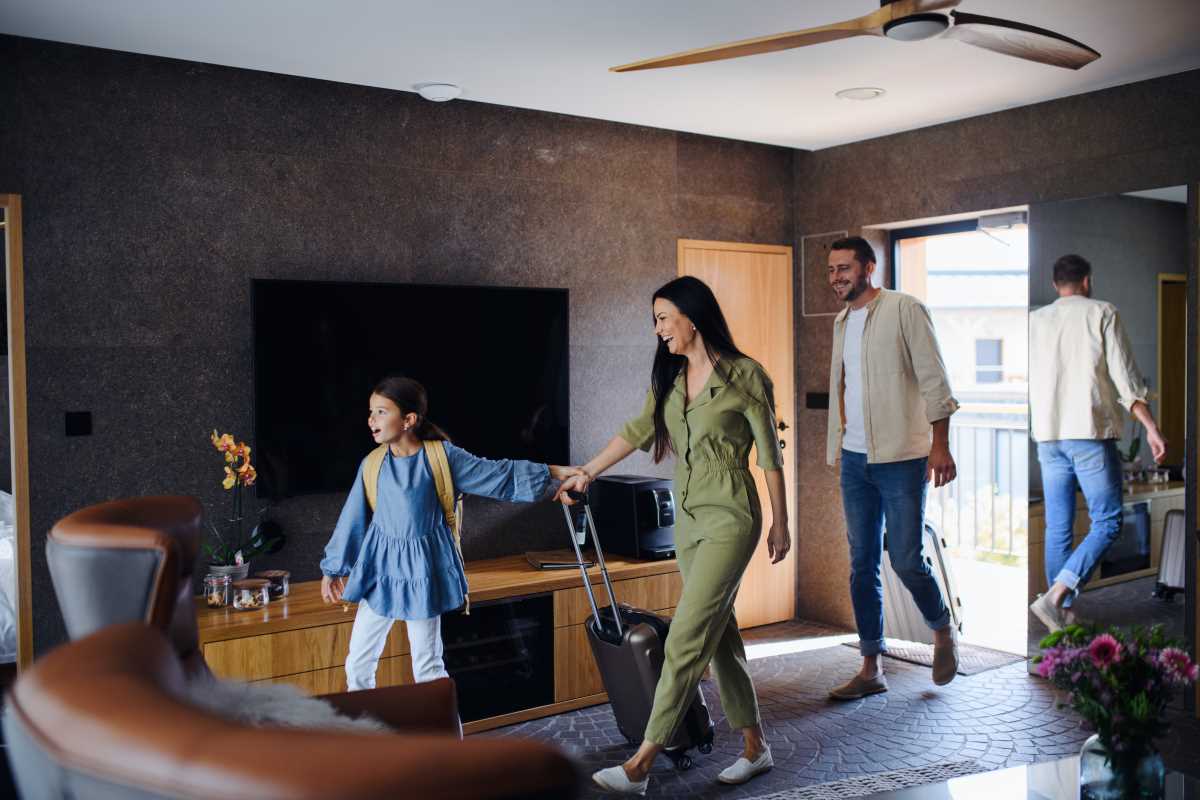 (Image via
(Image via
